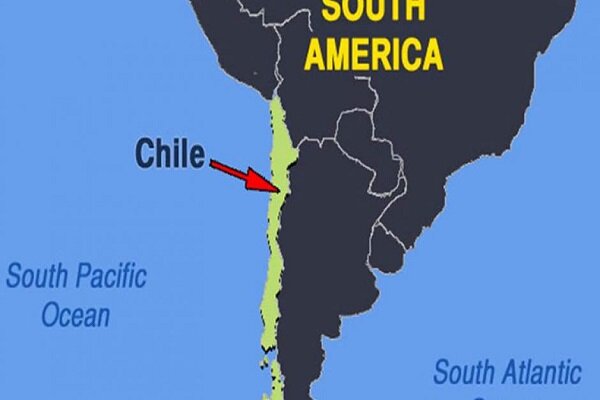
Chile had to postpone the writing of its new constitution after fresh clashes erupted between protesters and police in Santiago.
Security forces used water cannon and fired tear gas to disperse angry crowds. Drafting a new constitution was only one of the key agreements the government agreed after social unrest gripped the country in October 2019.
Regular protests have been staged since then. At the time, demonstrations were held against a government rise in transport fees, but soon morphed to other grievances held among Chileans. Chile is not the only U.S. ally in Latin America that has been rocked by protests over the past year or two.
Brazil and Colombia, among others, are also seeing growing anger against their respective governments. On the other hand, countries that oppose what they perceive as U.S. interference in Latin America, such as Bolivia or Venezuela, have seen popular support towards their governments at the ballot boxes.
This is despite Washington’s attempts to militarily oust both governments in Caracas and La Paz. In Bolivia, American efforts succeeded when Evo Morales was replaced with Jeanine Anez in a military coup. However, that was short lived as Morales’ party returned to power in recent elections. Anez has now been detained facing corruption charges, with Bolivia trying to recover millions of dollars from just one of her former ministers who fled the country as Morales returned.

No comments:
Post a Comment